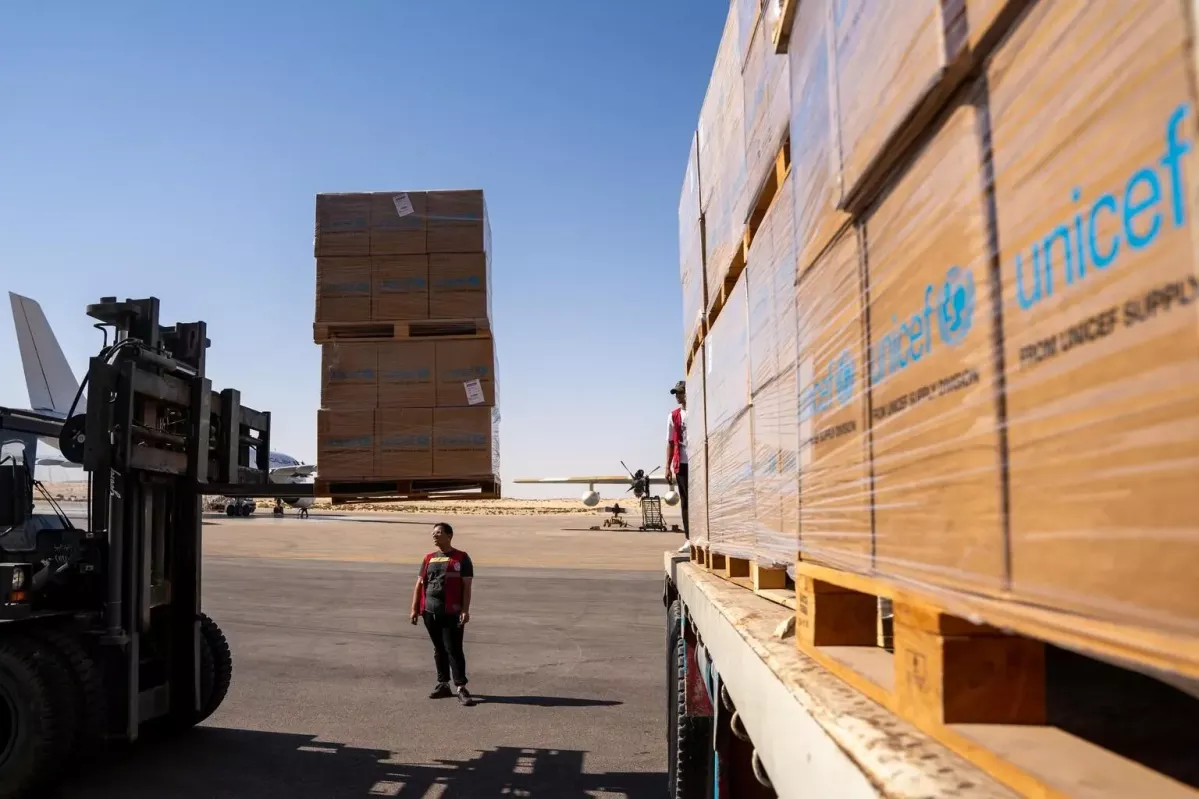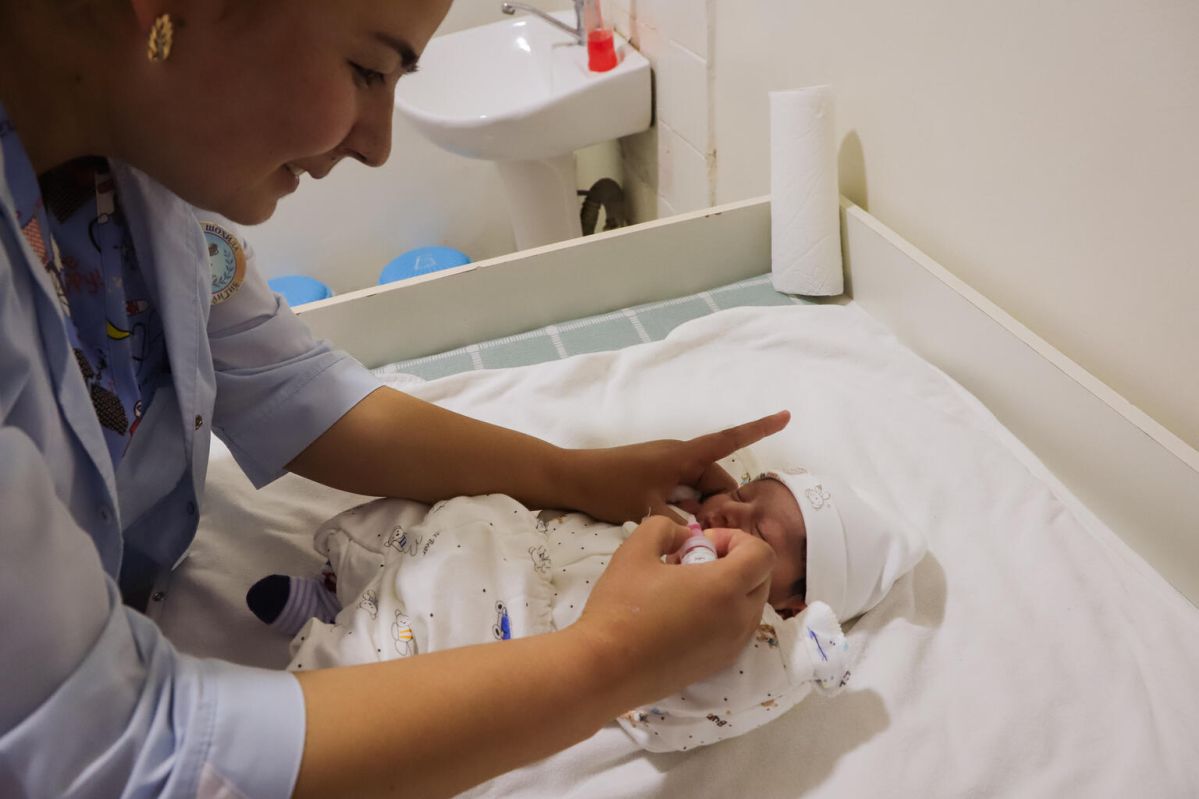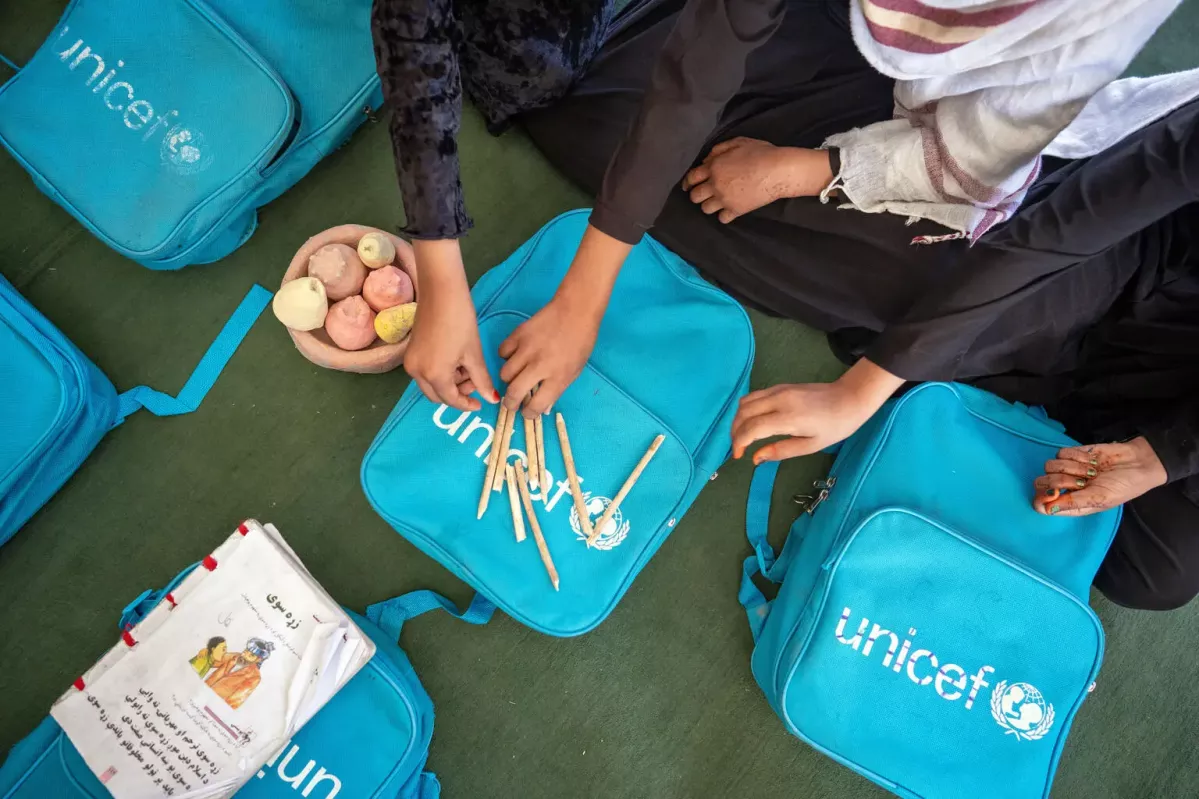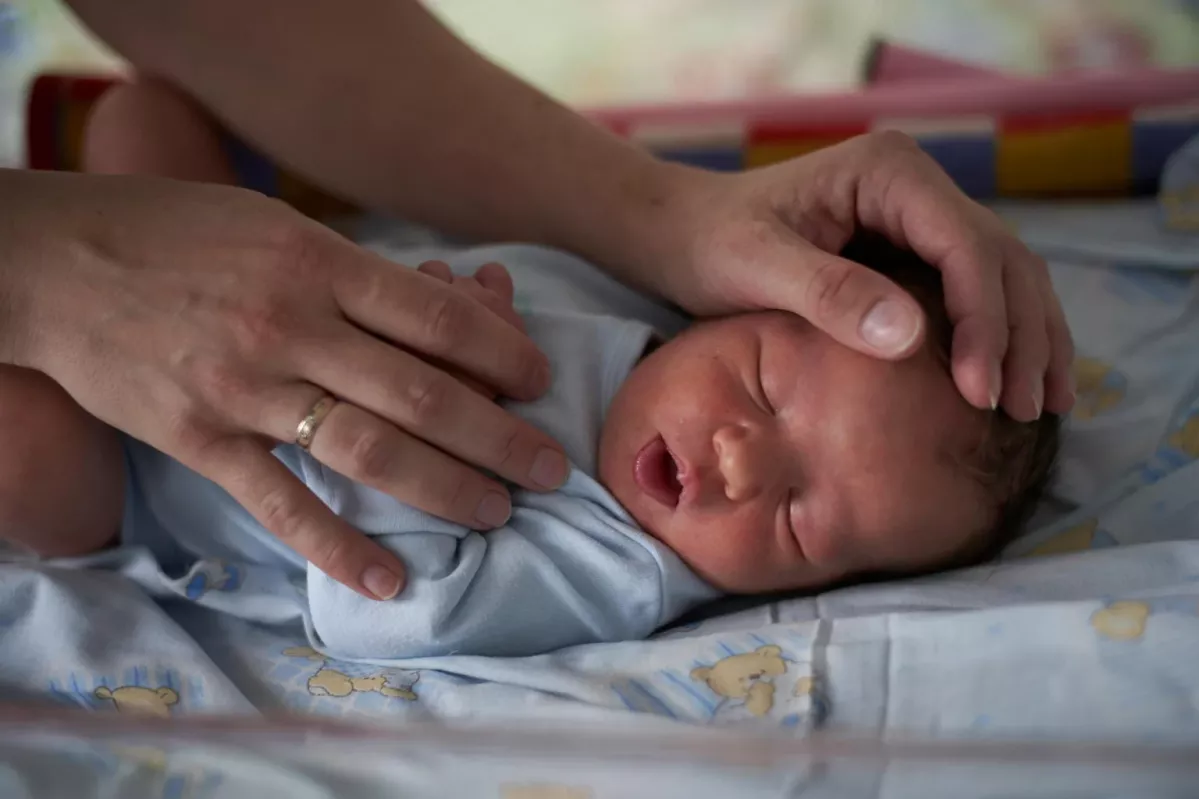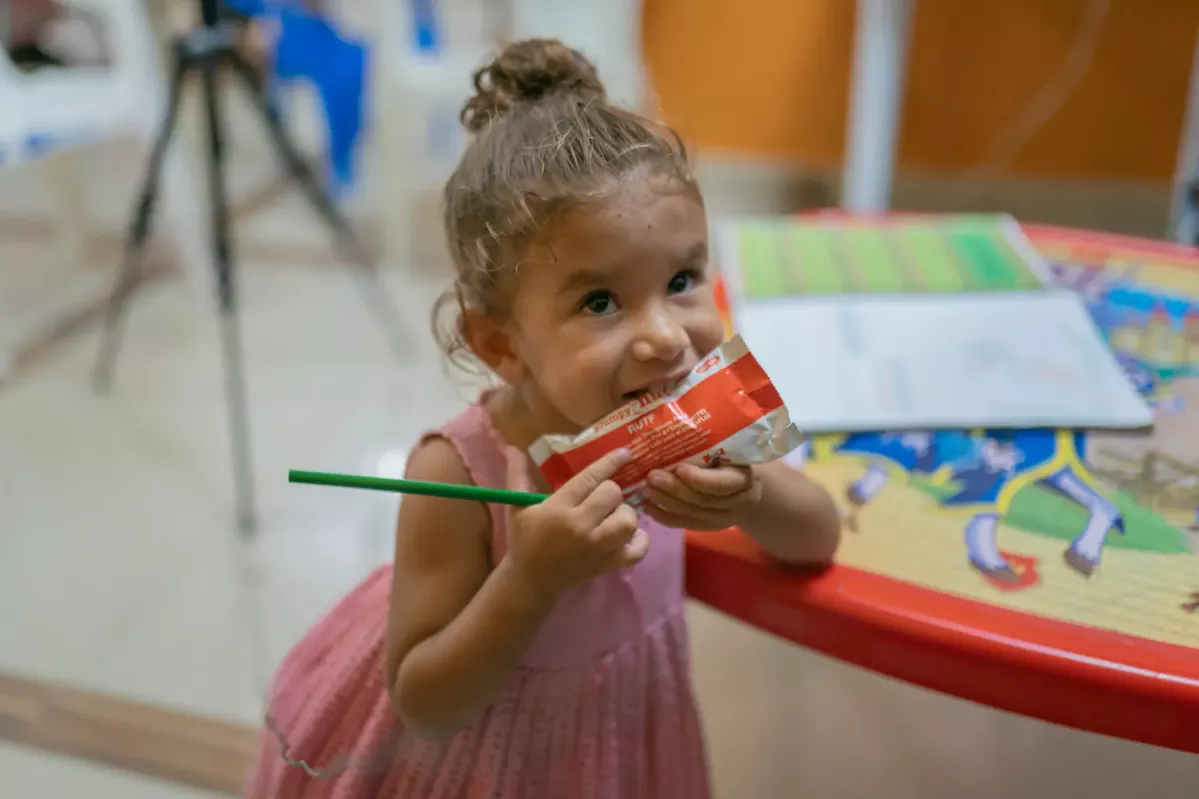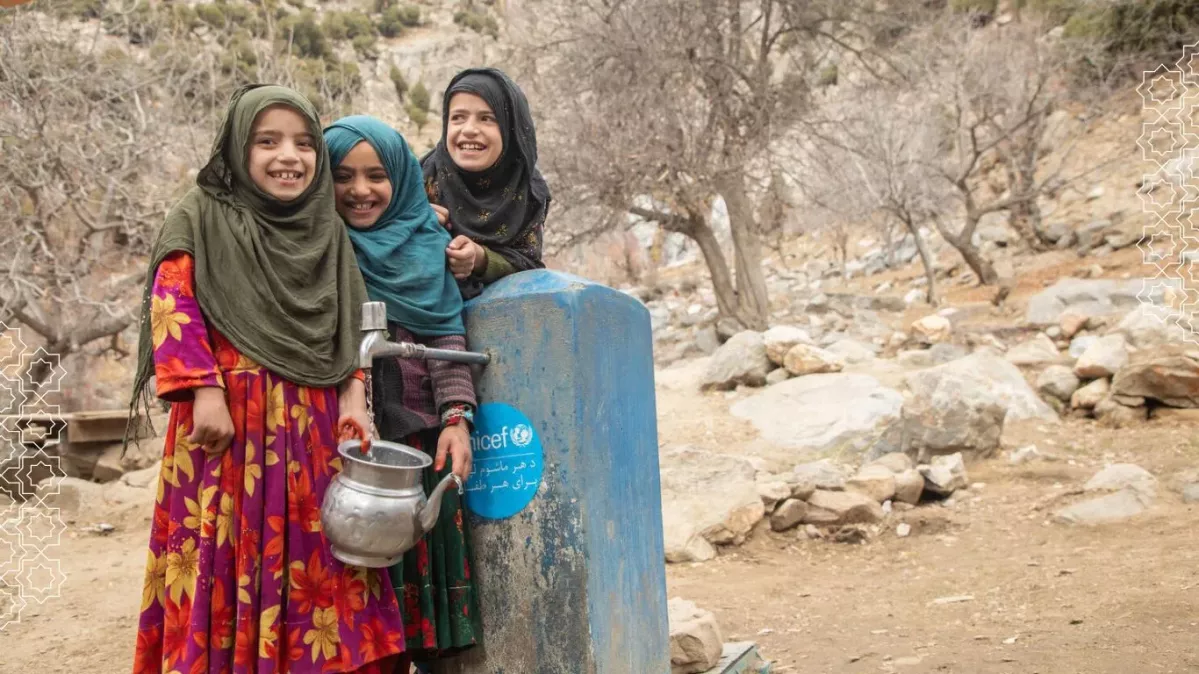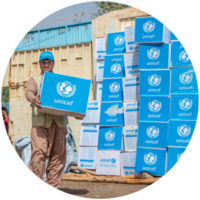
Your gift can make a big difference
Your donation is used by UNICEF to reach and protect children in most vulnerable situations in Greece and around the world.
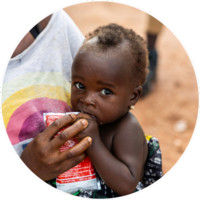
You can save a life
Even a small donation can help save the life of a child who needs treatment for malnutrition.
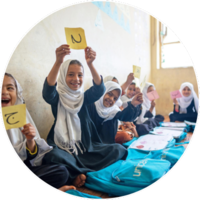
Help in emergency situations
UNICEF's actions reach millions of child victims of war with drinking water, psychosocial support, health services, education and hygiene kits.
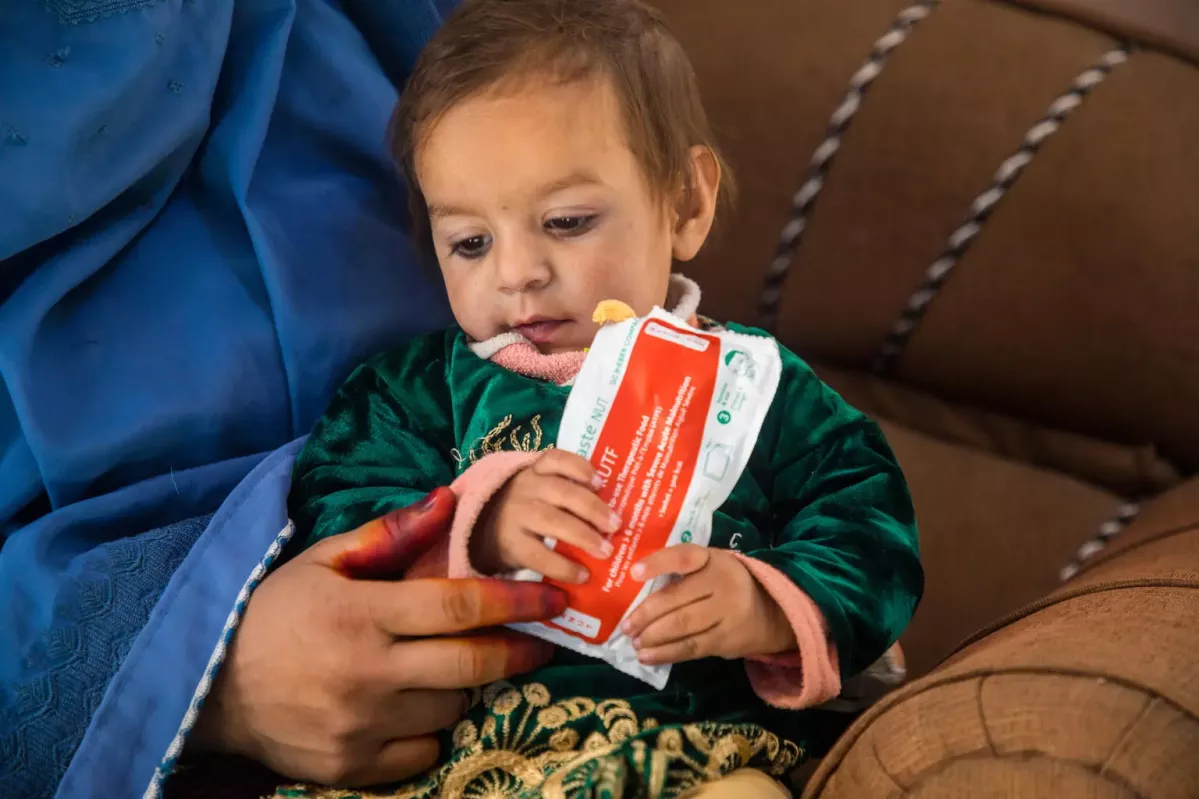
Over the 181 million children living in severe food poverty
Children in severe child food poverty consume only two of eight defined food groups, often limited to breastmilk/milk and a starchy staple like rice, maize, or wheat. Less than 10% of these children eat fruits and vegetables, and fewer than 5% consume nutrient-dense foods like eggs, fish, poultry, or meat. "Children living in severe food poverty face a harsh reality that can irreversibly impact their survival, growth, and brain development," said UNICEF Executive Director Catherine Russell. This crisis is exacerbated by rising inequities, conflicts, and the climate crisis, pushing food prices to record highs. Of the 181 million children affected, 65% are in 20 countries, with the majority in South Asia and Sub-Saharan Africa. In Somalia, 63% of children suffer from severe food poverty, with many going entire days without food.
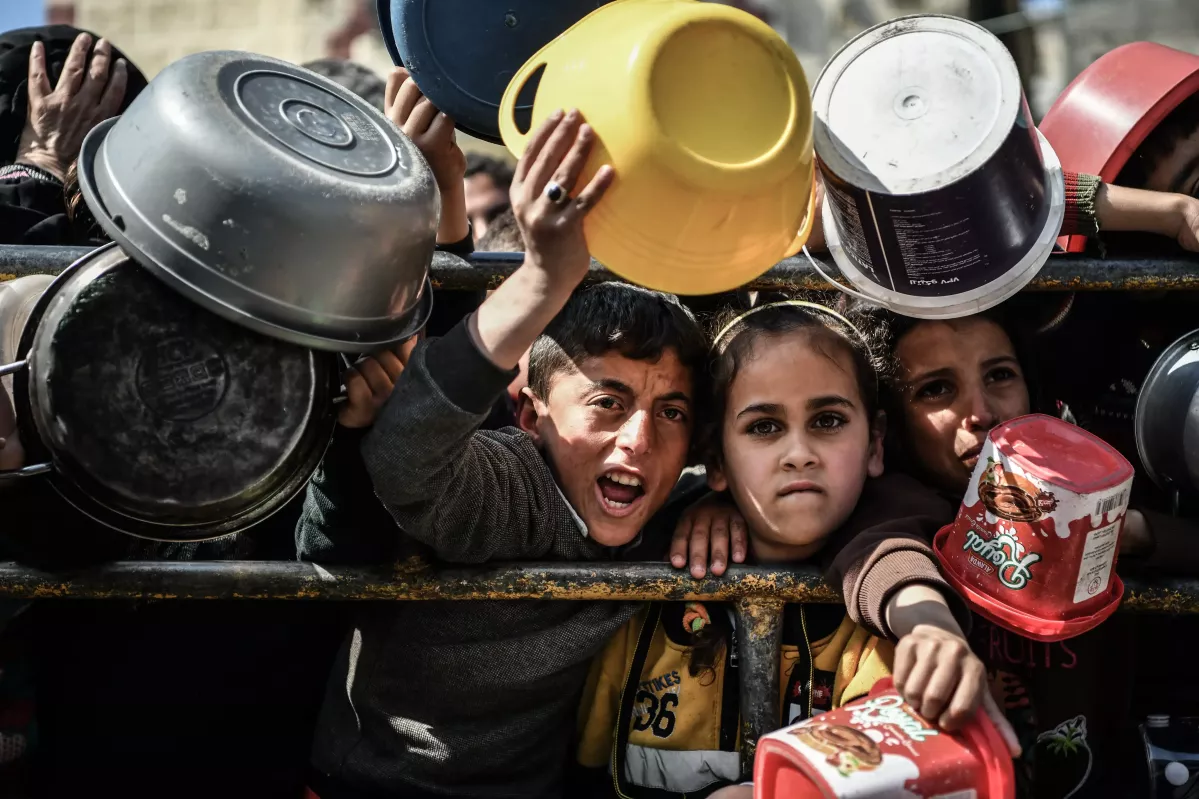
WAR IN GAZA
Since 7 October 2023, over 14,000 children have been killed and thousands more injured. Without immediate lifesaving support, which is desperately close across the border, more children will die as Gaza edges on the brink of famine. Children in Gaza are starving. Deprived of essential food, clean water and health care, they are wasting away, and this is on top of being exposed to deeply distressing events and trauma marked by widespread destruction, relentless attacks and displacement. Now is not the time to look away. 9 out of 10 children in the Gaza Strip are experiencing severe food poverty, surviving on two or fewer food groups per day. This is evidence of the horrific impact the conflict and restrictions are having on families’ ability to meet children’s food needs – and the speed at which it places children at risk of life-threatening malnutrition.
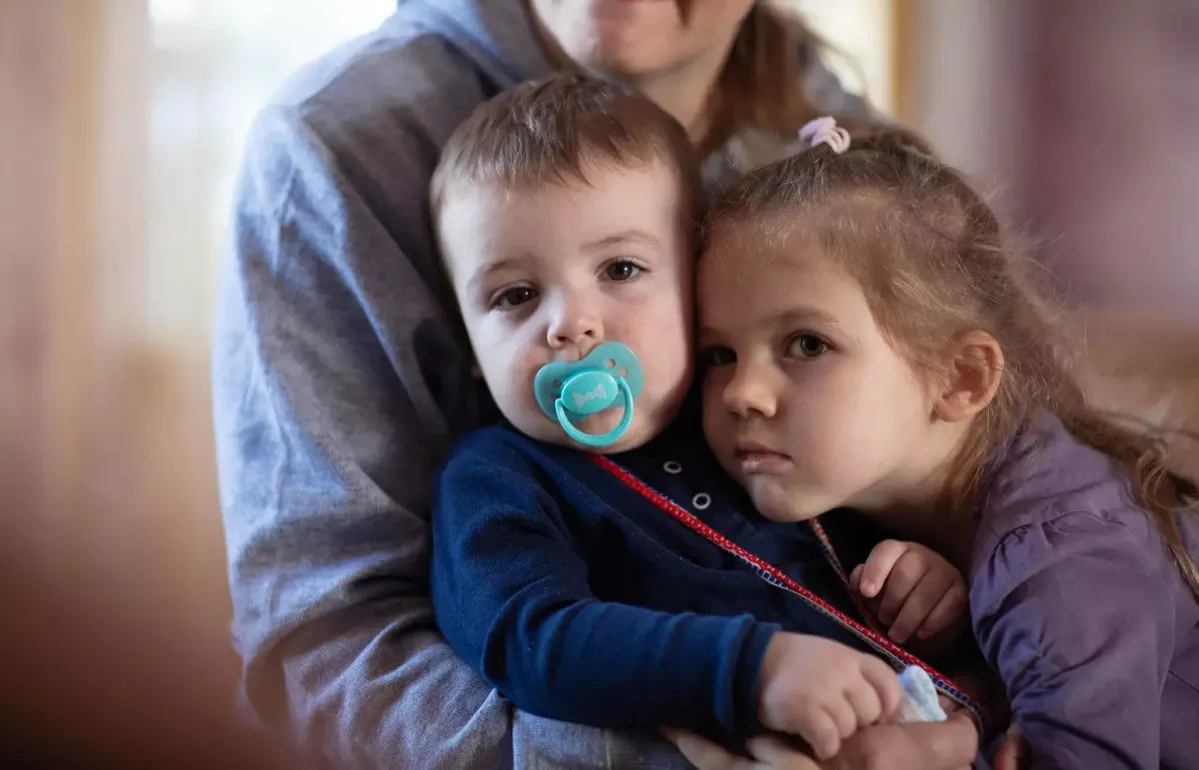
Ukraine War and Child Malnutrition: A Crisis in MENA
With ongoing conflicts, political instability, and the war in Ukraine, the region faces unprecedented food price hikes and low purchasing power, increasing child malnutrition risks. Nearly two-thirds of Ukraine’s children have been forced to flee their homes, many unaccompanied. The fear, anxiety, and grief from violence, loss, separation, and displacement impact their daily lives, leaving them struggling to cope. In the MENA region, only 36% of young children receive adequate diets, with high rates of undernutrition. For example, in Yemen, 45% of children are stunted, while in Sudan, 13.6% suffer from wasting. UNICEF, with partners, provides lifesaving treatment and preventive nutrition services, calling for urgent action to prevent a malnutrition crisis and support children in need.
WHY DONATE MONTHLY?
The continuity of services is essential
We are very grateful for any and all donations we receive. However, monthly donations are what allow us to continue our long-term programmes to help the most vulnerable children, as well as being our greatest help in emergencies, as they guarantee quick action to save lives.
You can help us bring hope to the most difficult places and care for those who need it most.
Your gift can make a big difference for children in Greece and worldwide.

Why UNICEF

90+ million lives impacted
UNICEF saves more children’s lives than any other humanitarian organization.

In Greece and Worldwide
Being active in 190 countries and territories allows us to build up our local presence, and foster the relationships needed to drive results in communities.

Making every donation go further
With UNICEF, you know your donation is safe & secure. Your contribution is supporting the children that need it the most in Greece and worldwide.
